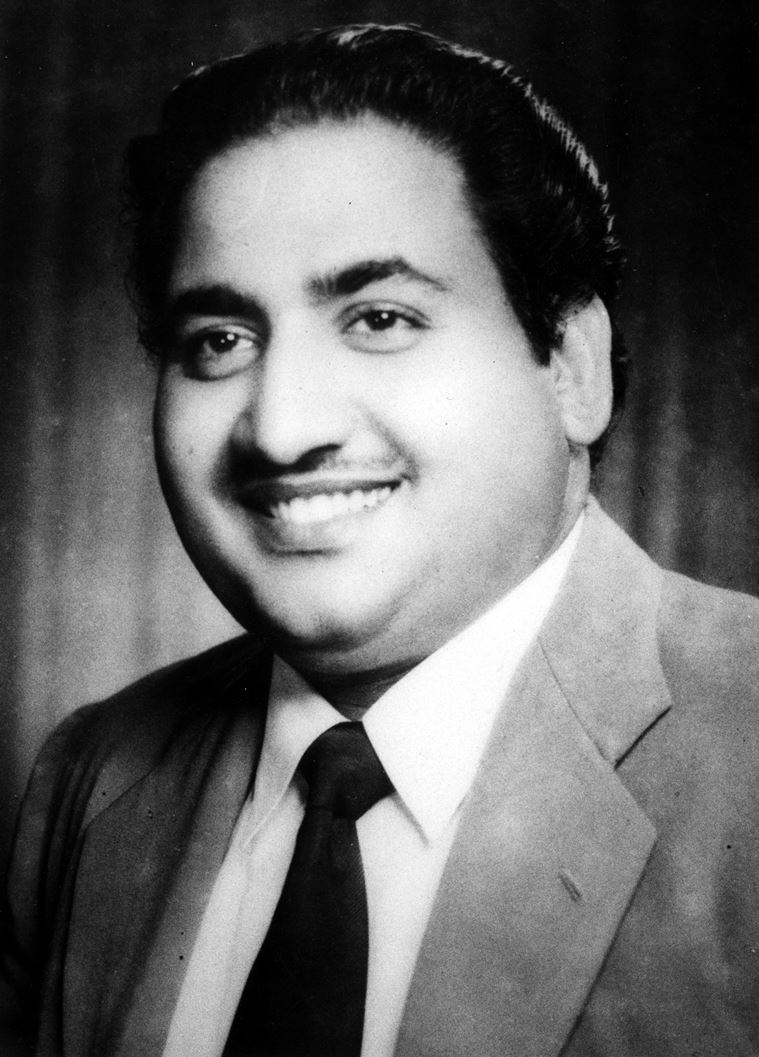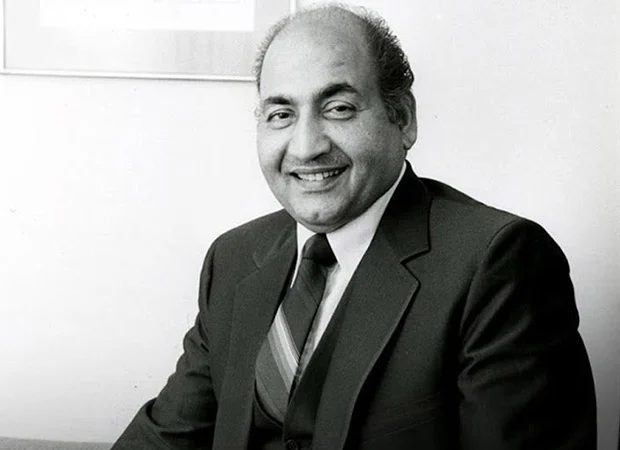

The music director Jaikishan later negotiated a reconciliation between the two. Rafi stated that he was only so keen to sing with Lata as she was with him. The situation worsened when Lata declared that she would no longer sing with Rafi. Rafi felt belittled, as music director Salil Chowdhury sided with Lata. During the recording of "Tasveer Teri Dil Mein" (Maya, 1961), Lata argued with Rafi over a certain passage of the song. This difference of opinion subsequently led to differences between the two. Lata viewed his stand as a stumbling block on the royalty issue and stated that it is because of the singer's name also that the records get sold.

Rafi stated that it is the producer who bets the money and the composer who creates the song, so his claim to the contribution of the song is compensated when the fees are paid. If it did not prove to be a hit, argued Rafi, that he had already been paid the same fees for his song so later the situation is resolved. After that, if the film proved a hit, the filmmaker was welcome to keep the Gramco (HMV) royalty he earned from it. Rafi stated that his claim on the filmmaker ended with his being paid his agreed fee for the song. Lata's contention was that there was no way producers and music directors could deny this singing duo the royalty. Recognizing Rafi's position as the leading male playback singer, she wanted him to back her in demanding a half-share from the 5 percent song royalty that the film's producer conceded to select composers. In 1962–1963, the popular female playback singer Lata Mangeshkar raised the issue of playback singers' share in the royalties.

He made his Hindi film debut in Gaon Ki Gori in 1945. In that same year, Rafi was invited by All India Radio Lahore station to sing for them. In 1941, Rafi, under Shyam Sundar, made his debut in Lahore as a playback singer in the duet "Soniye Nee, Heeriye Nee" with Zeenat Begum in the Punjabi film Gul Baloch (released in 1944) under music director Shyam Sunder. His first public performance came at the age of 13, when he sang in Lahore featuring K. Rafi learnt classical music from Ustad Abdul Wahid Khan, Pandit Jiwan Lal Mattoo and Firoze Nizami. Rafi's father moved to Lahore in 1935, where he ran a men's salon in Noor Mohalla in Bhati Gate. Rafi, whose nickname was Pheeko, began singing by imitating the chants of a fakir in the streets of his native village Kotla Sultan Singh where his family lived. The family originally belonged to Kotla Sultan Singh, a village near present-day Majitha in Amritsar district of Punjab, India. Mohammed Rafi was the second eldest of six brothers born to Hajji Ali Mohammad.


 0 kommentar(er)
0 kommentar(er)
